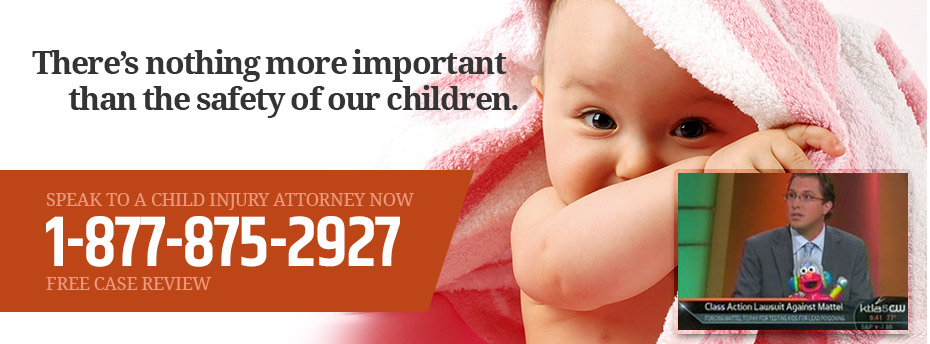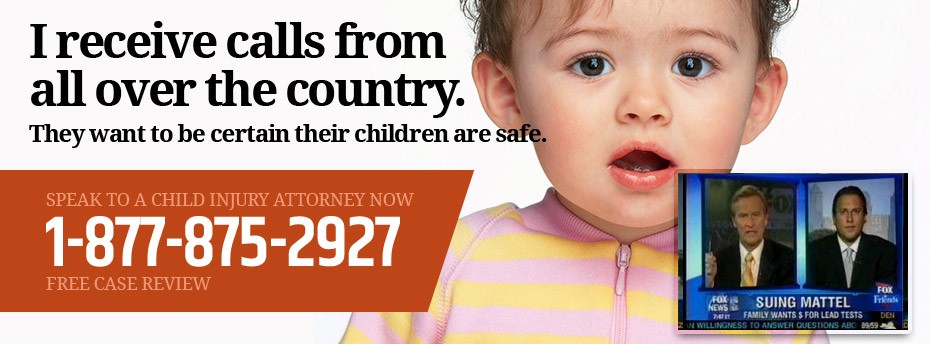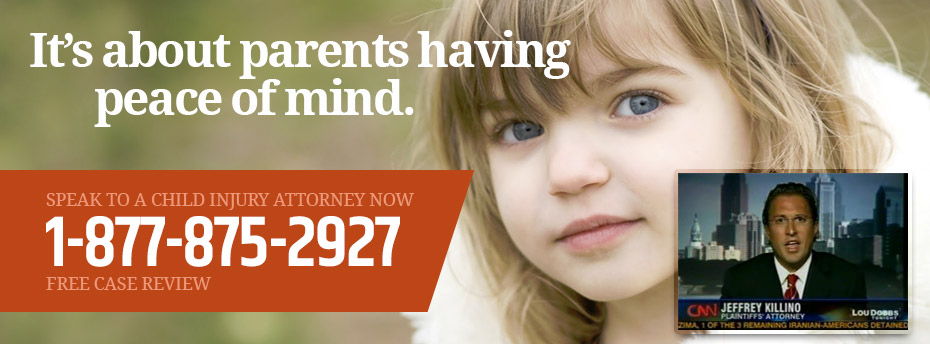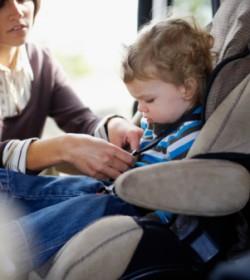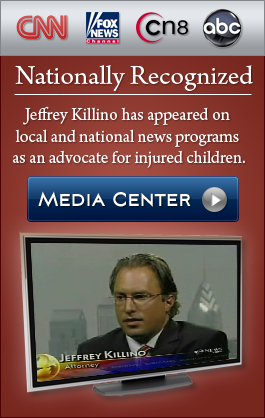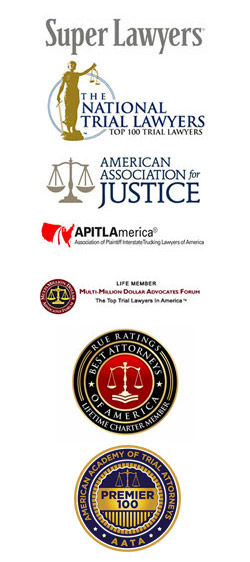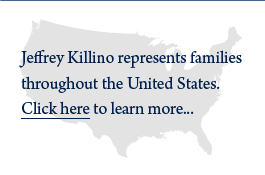On August 19, 2014, the U.S. Consumer Product Safety Commission (CPSC) announced the recall by Recaro Child Safety, LLC, of more than 39,000 children’s safety restraints intended for use in cars. The recall will commence in August 2014 and will cover Recaro ProSport model 385 child restraints manufactured between June 16, 2010, and January 31, 2013. When the child seats subject to recall are installed with the Latch lower anchors only (i.e., when they are installed without the top tether), the child’s head is free to move too freely. According to the CPSC, in the event of a crash, these child restraints could fail to protect the child from coming into contact with the interior surfaces of the car in which the seat is installed, increasing the risk of injury to the child, particularly injuries to the head. This defect, the CPSC says, renders the seats in non-compliance with Federal Motor Vehicle Safety Standard No. 213, entitled “Child Restraint Systems.”
Consumers are instructed to immediately discontinue use of the Latch system for installing the seats. The manufacturer will provide registered owners of the affected seats with a set of instructions for alternate installation when a child has reached a weight of forty pounds.
Defective car seats cause injuries and wrongful death during car crashes. If your child has been injured or killed as a result of a defective child car seat or other restraint, you may be entitled to compensation through the institution of legal action by a child injury or defective products lawyer. Nationally recognized attorney Jeffrey Killino and his team of injury and car accident lawyers have extensive experience with all types of cases involving injury or death to children through someone’s negligence or a defective product, including those related to car accidents and defective child restraints. If your child has been injured or killed while using a defective children’s car seat or other children’s product, or through someone’s negligence, attorney Killino will help you obtain the justice to which you and your child are entitled.
Legal Liability for Injuries or Deaths Caused by Defective Children’s Car Seats or Safety Restraints
Who is responsible if your child is injured or killed in a car crash while restrained in a defective car seat intended for a child’s use? If a manufacturer meets federal safety standards in the design and manufacture of a child car seat, is the manufacturer relieved of liability for injuries or deaths caused by a defect in the car seat? These questions are answered by the product liability law of the state or jurisdiction in which a legal action is brought.
Product-liability Law and Strict-liability Actions
Legal actions brought by child injury or other personal injury lawyers for the injury or death of a child caused by a defective product, such as a car seat or safety restraint, are generally brought as product-liability actions. These actions are governed by state law, which may vary somewhat from one state to another. Under the product-liability law of most states, however, plaintiffs may recover damages for injuries or deaths caused by defects in a product. These defects can occur at the design or manufacturing stage or result from the failure to warn of certain dangers associated with a product’s use.
Though product-liability actions may be brought as negligence, breach of warranty, or strict liability claims, personal injury actions to recover damages for injuries or deaths caused by product defects are generally brought as strict-liability actions. These actions hold the manufacturer, designer, supplier, assembler, and others in the chain of a product’s distribution liable for injuries or deaths caused by a product’s defect, even if the defendants were not negligent in creating, designing, or assembling the product and had no knowledge of the defect that caused the plaintiff injury.
Compliance with Federal Motor Vehicle Safety Standards
The Recaro child restraints that are subject to the 2014 recall failed to conform to Federal Motor Vehicle Safety Standards (FMVSS). If the manufacturer had complied with FMVSS, but had still put a defective product on the market, would the manufacturer be relieved of strict liability for injuries or deaths caused by the defective product? Under the product-liability law of most jurisdictions, a product may be considered defective even if it meets the current FMVSS, subjecting the manufacturer and others in the chain of the product’s distribution to strict liability despite the product’s compliance with FMVSS or regulations.
Under Title 49, Chapter 301, Motor Vehicle Safety, of the United States Code, the National Highway Traffic Safety Administration (NHTSA) issues FMVSS and regulations to which motor vehicle and motor vehicle equipment manufacturers are required to conform. Child car seats and restraints are considered motor vehicle equipment subject to these standards. These standards are only minimum requirements, however, and are meant to protect the public against risks of car and other motor vehicle crashes and unreasonable risks of injury or death in the event a crash does occur. Thus, though the failure to comply with these standards or regulations will generally be considered to render a vehicle or vehicle equipment product defective, a court’s finding that a manufacturer has complied with such standards and regulations will not necessarily result in a finding that the product in question is without defect.
Obtain Expert Assistance from Child-injury Attorney Jeffrey Killino
Child-injury attorney Jeffrey Killino has dedicated his practice to achieving justice for children who have been injured or killed as a result of someone’s negligence or a defective product, particularly when the product has been specifically designed for use by children. If a defective car seat or restraint has contributed to your child’s car accident injuries or death, attorney Killino and his team of child injury and wrongful death attorneys will fight for the compensation to which you and your child are entitled.
